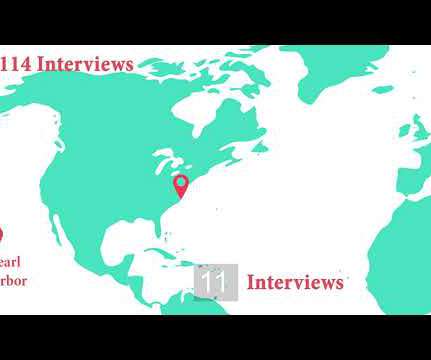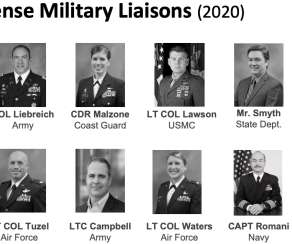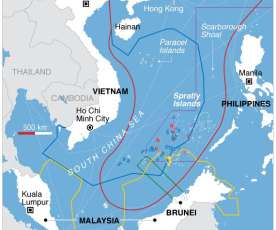Hacking for Defense @ Stanford 2021 Lessons Learned Presentations
Steve Blank
JUNE 8, 2021
– while simultaneously building a series of minimal viable products. Unlike traditional demo days or Shark Tanks which are, “Here’s how smart I am, and isn’t this a great product, please give me money,” a Lessons Learned presentation tells the story of a team’s 10-week journey and hard-won learning and discovery.














Let's personalize your content